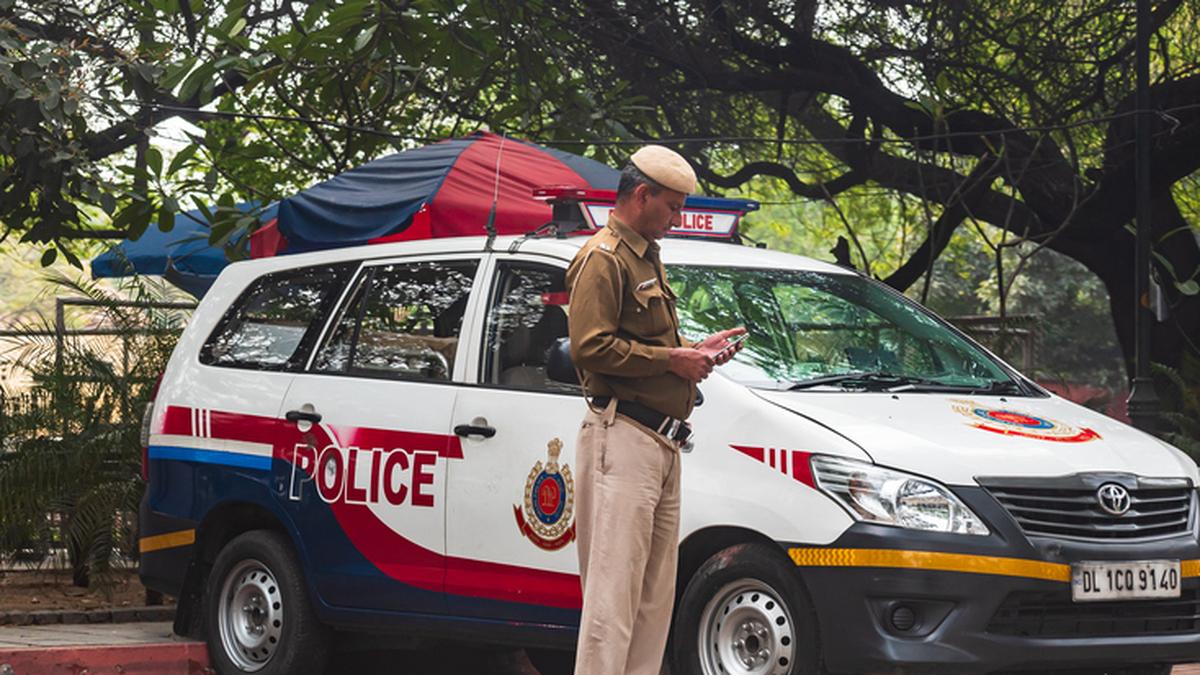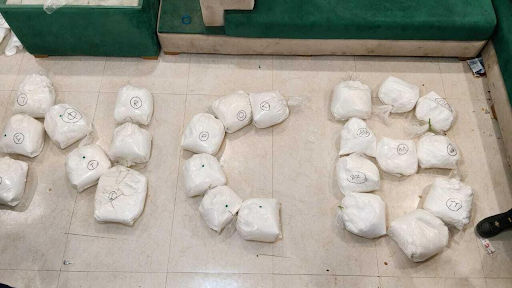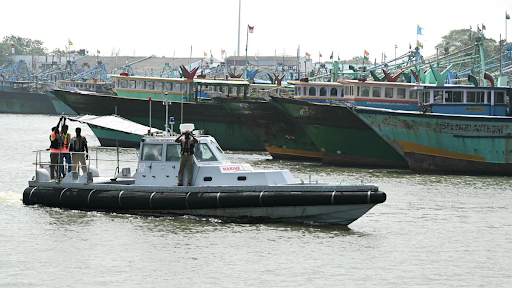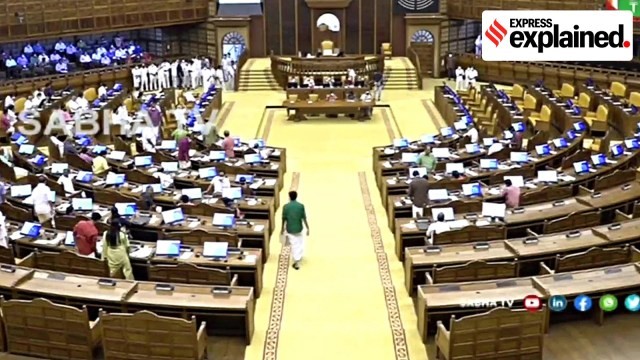Description
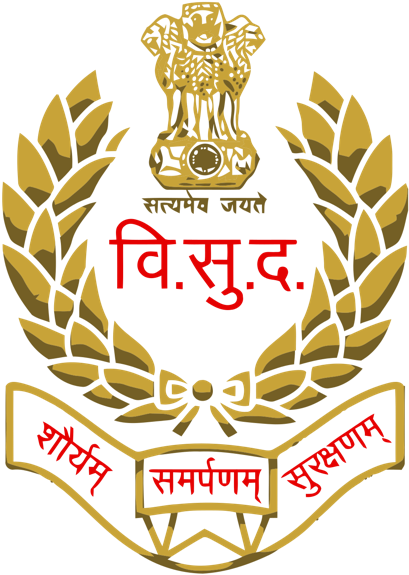
Disclaimer: Copyright infringement not intended.
Context
- The Union Home Ministry notified fresh rules for the elite Special Protection Group (SPG).
Details of the new rules
- The rules empower the Union government to frame standard operating procedures (SOPs) to be followed by State governments or Union government departments, Army, local or any civic authority to aid the SPG in performing its duties.
- The rules said the Director, SPG shall be appointed by the Union government “at a level of not less than the Additional-Director General of Police [ADG] from the Indian Police Service”.
- Earlier, the SPG has been headed by an Inspector-General of Police rank officer and an ADG rank officer, but no specific rules were notified yet.
About Special Protection Group (SPG)
- It is an agency of the Government of India whose sole responsibility is protecting the Prime Minister of India and in some cases, his or her family.
- It was formed in 1988 by an Act of the Parliament of India.
- The SPG protects the Prime Minister at all times both in India and abroad, as well as the Prime Minister's immediate family members residing with them at their official residence.
- Family members, however, may decline security.
- Previously, the SPG's mandate included protecting the Prime Minister's "parents, wife and children" resident anywhere in India during their term of office and for five years after leaving office.
- However, the Special Protection Group (Amendment) Act, 2019 reduced such mandate.
- Presently, Prime Minister Narendra Modi is the only SPG protectee.
- SPG protectees, by law, are exempt from personal security screening at all airports in India and may access VIP lounges at airports operated by the Airports Authority of India.
- Additionally, they are exempt from security screening when entering certain official buildings, including the Prime Minister's Office and Residence.
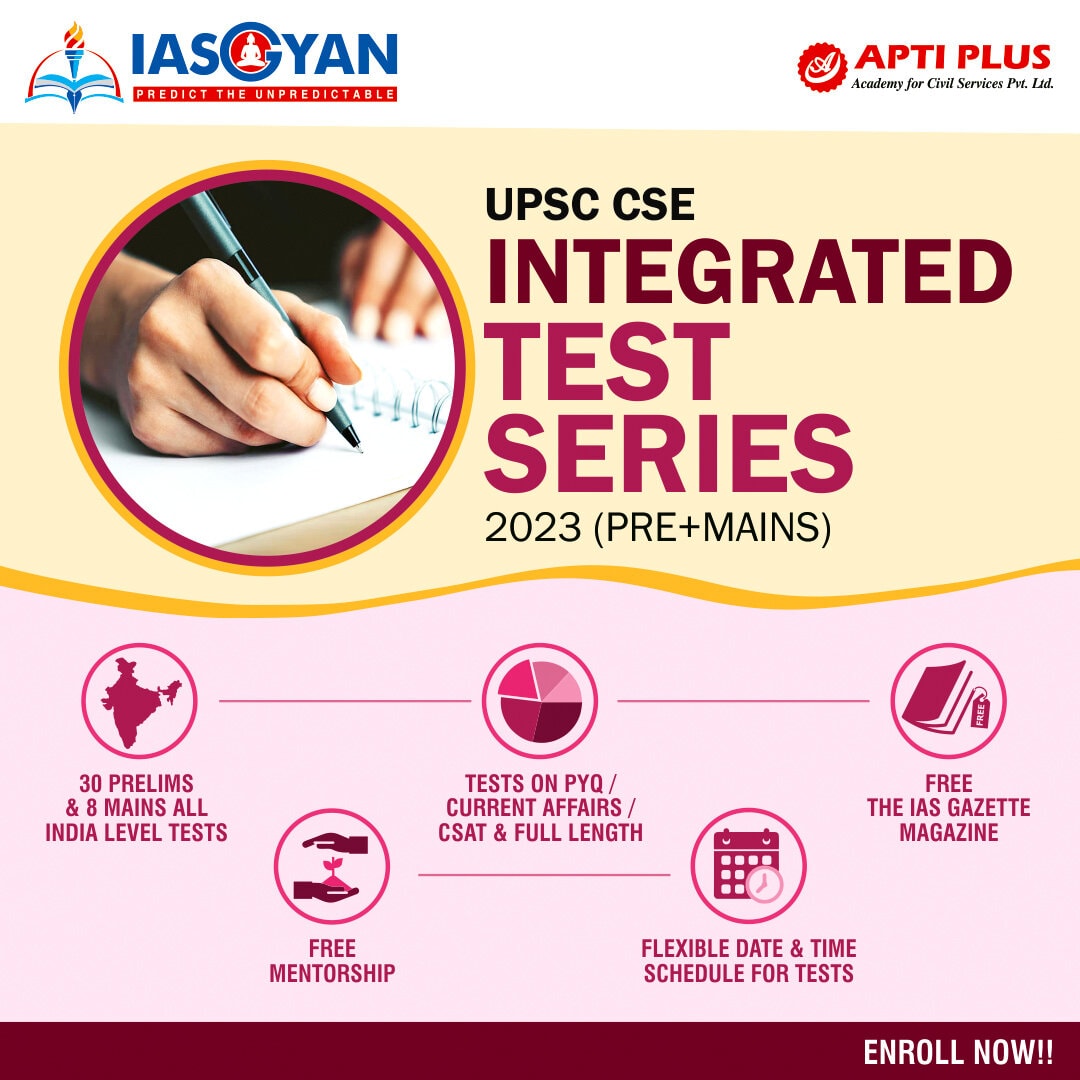
History
- Before 1981, the security of the Prime Minister at their official residence was the responsibility of the Special Security District of the Delhi Police, overseen by an officer of the rank of Deputy Commissioner of Police (DCP).
- This model was adopted from the United Kingdom, where the Prime Minister of the United Kingdom is protected by London's Metropolitan Police Service.
- In October 1981, a Special Task Force (STF) was established by the Intelligence Bureau (IB) to provide transportation security and road escorts for Prime Minister.
- After the assassination of Prime Minister Indira Gandhi by two of her Delhi Police security personnel in October 1984, it was decided to entrust security of the Prime Minister to an exclusive unit.
- In 1985, the Ministry of Home Affairs set up the Birbal Nath Committee to examine the issue and submit recommendations to the government for prime ministerial security.
- The Committee submitted its recommendation for the raising of an independent agency for prime ministerial protection, known as the Special Protection Unit (SPU).
- The name of the unit was re-christened Special Protection Group, led by a Director who would be an Indian Police Service officer with the rank of Inspector General of Police.
2019 Amendment
- It limited SPG protection only to the PM and his immediate family members residing with him at his official residence.
- Under the amended legislation, former Prime Ministers are eligible for an extension of their protection for up to five years after leaving office, subject to a threat assessment by the Intelligence Bureau.
- The bill reduced the SPG's legal protectees to Modi, who lives alone at his official residence.
Organization
- The Director is assisted by number of Deputy Directors, Assistant Directors, Joint Assistant Directors.
- The SPG is divided broadly into the following four categories:
- Operations: Performs actual protection duties. In the Operations Branch, there are sub-components such as the Communications Wing, Technical Wing and Transport Wing.
- Training: Trains new and existing personnel on a continuous basis.
- Intelligence and Tours: Threat assessment, internal intelligence pertaining to personnel, verification of character and antecedents and other allied jobs.
- Administration: Deals with human resources, finance, procurement and other related matters.

Command and control
- The "general superintendence, direction and control" of the SPG is exercised by the Government of India.
- The head of the force, the Director, formally serves as the Joint Secretary (Security) in the Cabinet Secretariat and is responsible for "the command and supervision" of the force.
- The SPG does not directly recruit personnel. Recruits are instead drawn from enlisted ranks of the Central Armed Police Forces and Railway Protection Force.
|
PRACTICE QUESTION
Q) Which of the following statements with reference to Special Protection Group is/are correct?
1. The "general superintendence, direction and control" of the SPG is exercised by the Government of India.
2. The head of the force, the Director, formally serves as the Joint Secretary (Security) in the Cabinet Secretariat.
3. The SPG directly recruits personnel.
- 1 and 2
- 2 and 3
- 1 and 3
- 1, 2 and 3
Correct Answer: 1
|
https://epaper.thehindu.com/ccidist-ws/th/th_delhi/issues/37391/OPS/GREB9BQM4.1+G6IB9CLIM.1.html






